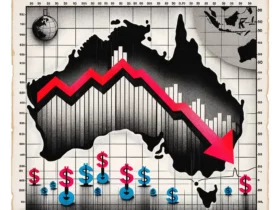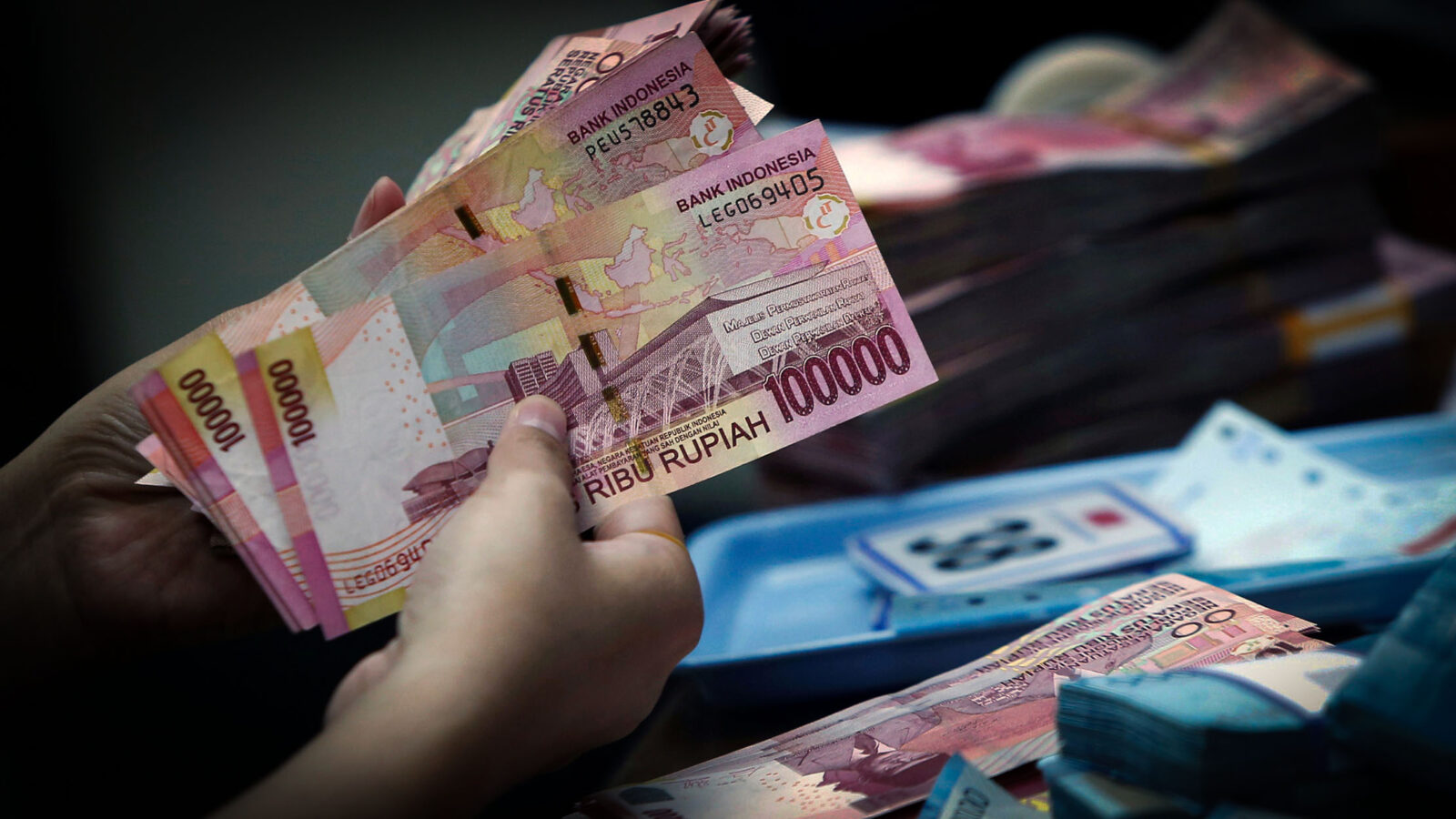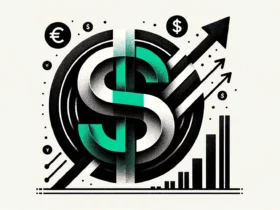Indonesian President Joko Widodo has downplayed concerns about the recent weakness of the rupiah, suggesting there may be minimal political pressure for the central bank to raise interest rates next week.
Jokowi, as the president is commonly known, stated that the rupiah’s trading range of 16,200-16,300 against the US dollar for much of June is “still in a good position.” He explained that the depreciation of the rupiah aligns with trends in other currencies, noting that “all countries are experiencing the same thing, pressured by the dollar.”
These comments mark a significant shift from Indonesia’s stance in April, when the government was on high alert to address a currency rout. At that time, state firms were advised to avoid large dollar purchases, and exporters were encouraged to repatriate their foreign-currency earnings. Additionally, Bank Indonesia implemented a surprise rate hike in April, raising the benchmark to 6.25%.
Currently, Bank Indonesia appears more confident. Edi Susianto, the central bank’s executive director for monetary management, indicated on Tuesday that the rupiah should remain stable and stronger than 16,300 per dollar. The central bank has reiterated its commitment to measures such as market intervention to curb capital outflows and stabilize the rupiah. Susianto also noted that ample dollar supply from exporters and foreign fund inflows should support the currency.
Given the authorities’ calmer stance on the rupiah, it is less likely that the central bank will consider raising the BI-Rate at its meeting on June 20. Instead, it may opt for other measures to manage the volatility.
The rupiah has declined by 2.6% this quarter, hitting a four-year low. It faces ongoing pressure due to seasonal dividend payments, Hajj pilgrimage outflows, and a broader selloff in emerging markets driven by uncertainty over the Federal Reserve’s policy direction.
— With assistance from Matthew Burgess and Grace Sihombing









Leave a Reply